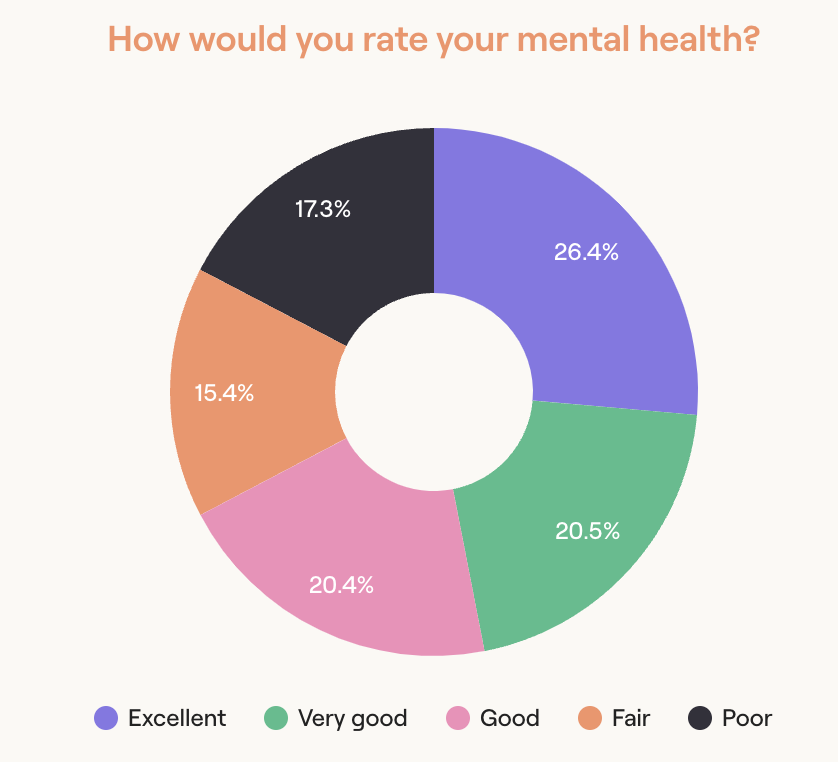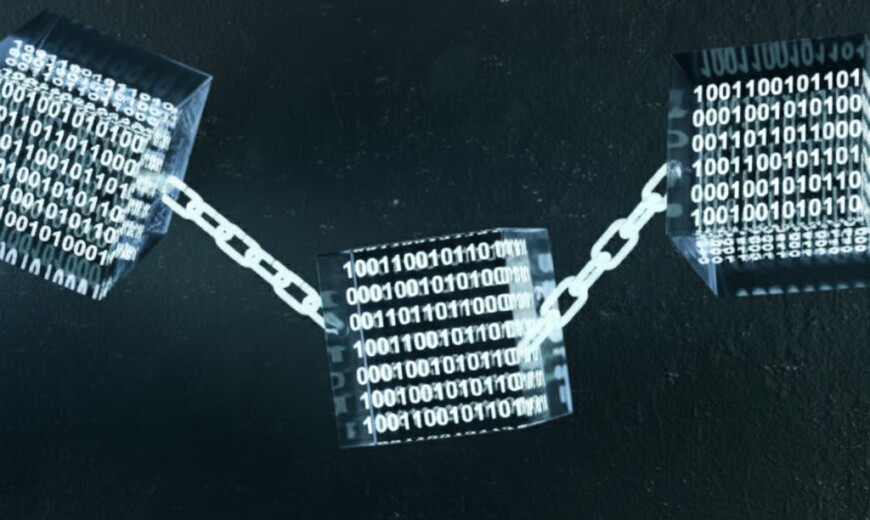Cybersecurity is an intense, high-pressure job. This survey of 1,027 people discovered how their mental health is impacted by - and in turn affects - their work.
- 17% of respondents said their mental health was poor, and 15% said it was fair. Meanwhile, 20% said they had good mental health, 21% very good, and 26% excellent.

Source: State of Mental Health in Cybersecurity, Tines.com
- However, 27% of people said their mental health has taken a turn for the worse over the last year. Respondents in the US ranked their mental health slightly better than those in Europe, and older employees recorded slightly better mental health than younger people.
- Over two-thirds say their mental health limits their ability to do their job properly, and 58% of respondents say they are currently taking medication for their mental health.
- So, what are workplaces doing in response to this worrying issue? 57% said their companies provide mental health support and resources, such as subscriptions to mental health apps or in-office programs. 45.9%, however, say their employer doesn’t consider its staff’s mental health a priority.
- Stress among cybersecurity employees is intensifying. 66% experience stress at work, and 22% are very stressed. A majority say their stress levels have risen in the last 12 months.
- The majority of people (64%) said their mental health has affected their work in the last 12 months, and the same percentage said vice versa - their work has affected their mental health.
- However, some signs point to the fact it’s not stress itself that’s the problem, but how you cope with it. Some respondents, who nonetheless experience stress, said that their work never affected their mental health - suggesting they had found ways to effectively and healthily deal with stress.






